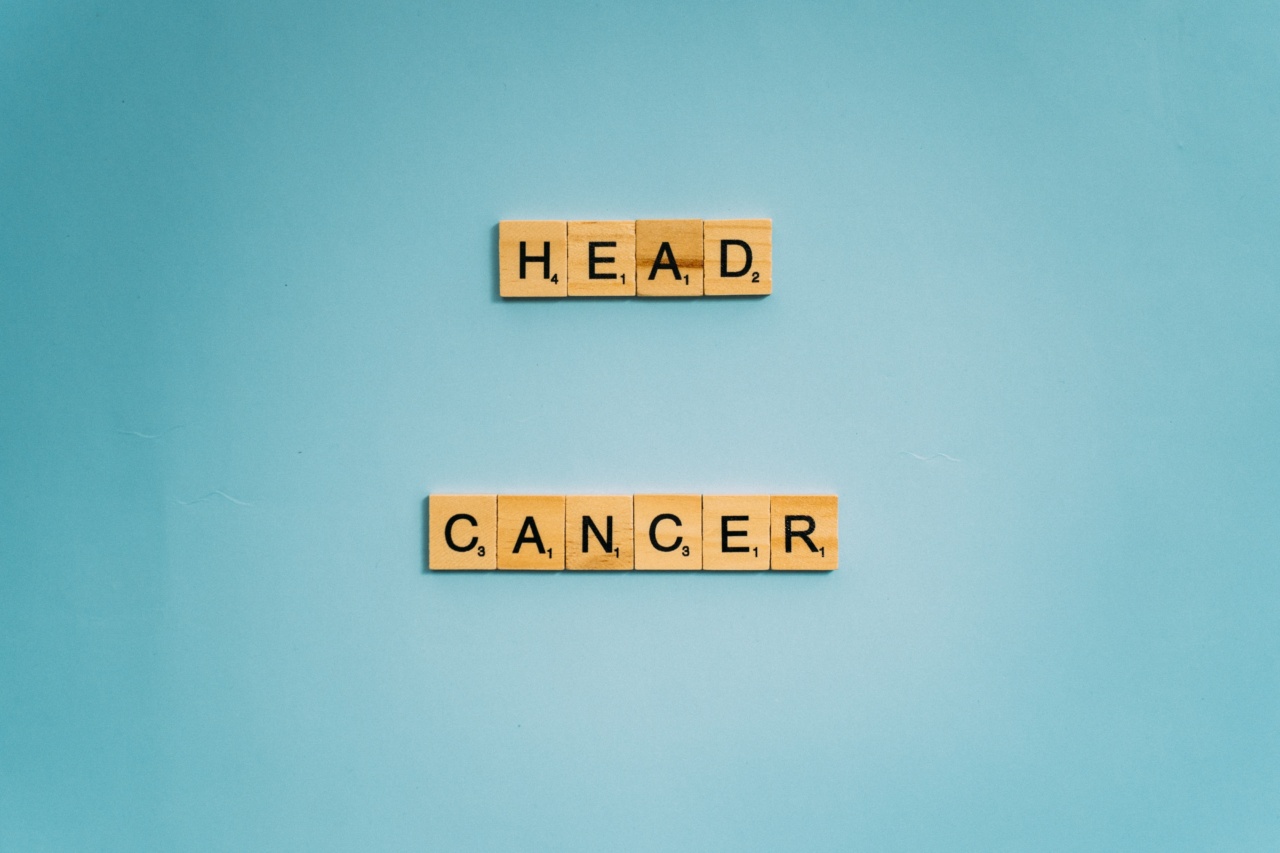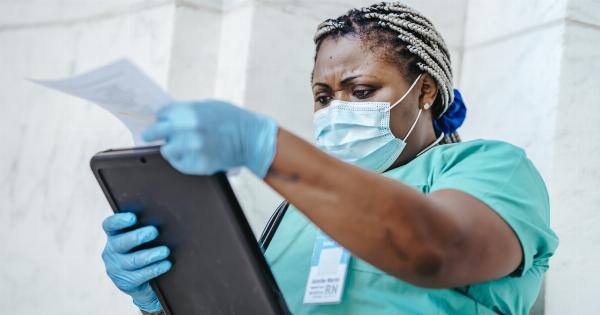Head and cervical cancer are two types of cancer that can affect the head and neck region of the body. They can have serious consequences if not detected and treated early.
In this comprehensive guide, we will discuss the various aspects of head and cervical cancer, including causes, symptoms, diagnosis, treatment options, and preventive measures.
Causes of Head and Cervical Cancer
Head and cervical cancer can have different causes, and understanding them is essential for early detection and prevention:.
- Human papillomavirus (HPV) infection
- Tobacco and alcohol use
- Exposure to certain chemicals and environmental factors
- Prolonged sun exposure
- Family history of cancer
Symptoms of Head and Cervical Cancer
Identifying the symptoms associated with head and cervical cancer can help in early diagnosis and effective treatment:.
- Unexplained lumps or growths in the head and neck region
- Persistent sore throat and difficulty swallowing
- Changes in voice or hoarseness
- Chronic nasal congestion and sinus problems
- Ear pain and hearing problems
- Constant headaches and migraines
Diagnosis
Diagnosing head and cervical cancer involves a series of tests and examinations:.
- Physical examination of the head and neck region
- Imaging tests such as CT scans, MRI, and PET scans
- Biopsy to analyze suspicious tissue samples
- Endoscopy and laryngoscopy
Treatment Options
Several treatment options are available for head and cervical cancer, and the most appropriate one depends on the stage and severity of the cancer:.
- Surgery to remove tumors and affected tissues
- Radiation therapy to target and kill cancer cells
- Chemotherapy to destroy cancer cells using drugs
- Targeted therapy to block specific molecules involved in cancer growth
Preventive Measures
While not all cases of head and cervical cancer can be prevented, certain measures can reduce the risk:.
- Getting vaccinated against HPV
- Avoiding tobacco and excessive alcohol consumption
- Using protection during sexual activities
- Limiting exposure to chemicals and environmental pollutants
- Practicing sun safety and using sunscreen
Support and Resources
A cancer diagnosis can be overwhelming, but there are various support and resources available:.
- Cancer support groups
- Online forums and communities
- Professional counseling services
- Financial assistance programs
Conclusion
Head and cervical cancer are serious health conditions that require early detection, diagnosis, and appropriate treatment.
By understanding the causes, symptoms, and available treatment options, individuals can take steps towards prevention and seek necessary medical support if needed. Remember, regular check-ups and a healthy lifestyle can play a vital role in maintaining overall well-being.






























